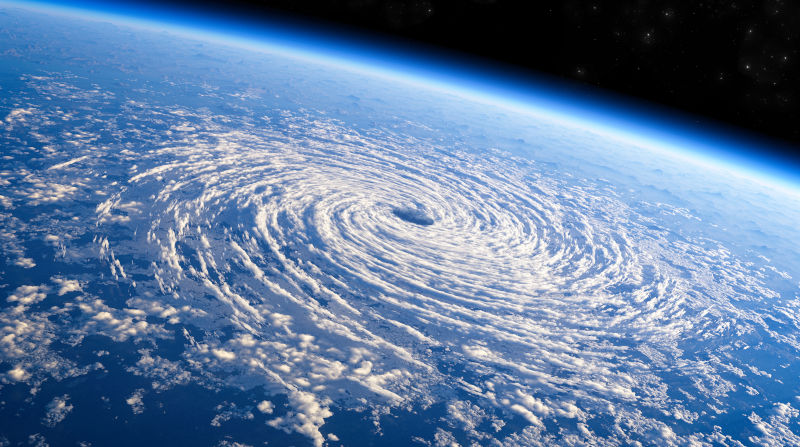In the eye of the hurricane, can we find truth?
May 27, 2023
To survive this critical century, we need to know the truth about it.
Whether it is specific issues like the Ukraine war, the Covid pandemic, a conspiracy to take control of the world, or the wider pursuit of human progress, truth is extraordinarily elusive, and fiercely contested.
Knowing the truth also helps us to see how these matters are themselves linked to each other, that they are different facets, layers, or scales, of a complex, reciprocal process of cause and symptom that is creating a crisis in liberal democracies, especially the US, and even a threat to global civilisation.
I discuss these concerns in a recent essay in the American magazine Salon. This excerpt focuses on the human future, on examining whether the whole cultural basis of how we live is true in the sense of guiding us in making the right choices to avoid disaster and improve our prospects.
I am not denying the roles of global political, economic, environmental, and other factors. But I believe the deeper story of existential uncertainty and concern is also part of the picture, a root influence. People know the system is not working. This dislocates or untethers us from official narratives, which then makes governments more susceptible to corrupt and self-serving behaviour, and citizens more prone to mistrust and improbable beliefs. When the foundations of a civilisation crack, all hell can break loose.
By and large, our political leaders do not accept how serious our situation is. In a 2022 essay for Salon, I quoted former US president Barack Obama as saying in 2016: The world today, with all its pain and all its sorrow, is more just, more democratic, more free, more tolerant, healthier, wealthier, better educated, more connected, more empathetic than ever before. Last January, President Joe Biden echoed this optimism, tweeting: ‘Two years in, and I’ve never been more optimistic about America’s future’.
In other words, our leaders live in a world at odds with peoples lived realities, wishing away the gravity of the human predicament to continue pursuing, at best, incremental policy changes, which is what they know.
One example I cited in the 2022 essay was a 2013 study which investigated the perceived probability of threats to humanity in four Western nations - the US, UK, Canada and Australia - which found a majority (54%) rated the risk of our way of life ending within the next 100 years at 50% or greater. The responses were relatively uniform across countries, age groups, gender and education level. Almost 80% agreed we need to transform our worldview and way of life if we are to create a better future for the world.
The futurist Jim Dator said in the 1990s that he would like to avoid the 21st century and move straight to the 22nd, for which he saw some hope: a time when, one way or another, by choice or compulsion, humanity would have dealt with all the challenges it faces population pressures, environmental destruction, economic equity, global governance, technological change.
Dator wrote that this century was not likely to be pleasant for anyone because we would pay the price for ignoring the future. Things may seem calm now: the West the USA - firmly in control, he said. But that is not so. The eye of the hurricane is passing, and the fury of the future getting back at us will be felt for some time to come. This was not how most Western commentators saw things at the time, instead celebrating the collapse of the Soviet Union and the ultimate triumph of liberal democracy and capitalism; hubris dominated.
Our situation represents what I have called the demise of the official future, a loss of faith in the future leaders promote and claim they can deliver. This futures gap stems from political and journalistic cultures that are too heavily invested in the status quo, unable to see beyond their limited and constrained boundaries and horizons. Mainstream political and media players face a growing need to manage differently the cognitive dissonance between how they think about the world and their work, and the emerging realities of life today and its existential challenges - instead of largely ignoring the latter, as they have done.
Learning the truth, the whole truth, behind global threats is extraordinarily difficult. The difficulty is worsened by the failure of governments and their agencies to tell us the full stories behind them. This failure is, in turn, deepened by the unwillingness of the mainstream media to investigate and interrogate the official narratives. This situation extends to the over-arching, grand narrative of progress, and how it is defined and pursued.
So, how do we know what is true in todays world? The answer is with great difficulty; and by being sceptical, tolerant, open-minded, vigilant, and determined.

